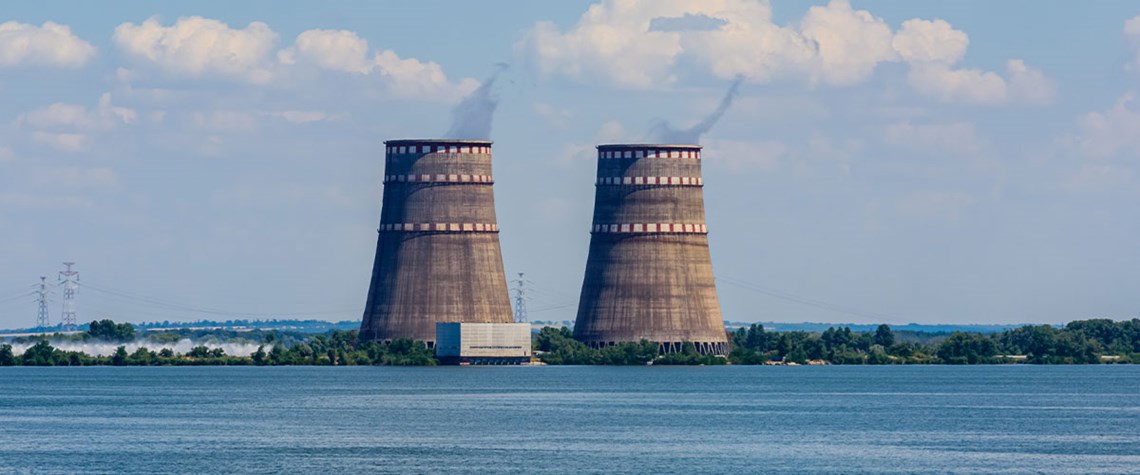Nuclear industry must be aware of conflict risk
Countries that lack the ability to protect sites should think carefully about nuclear buildout
Russia’s seizure of Ukraine’s Zaporizhzhia nuclear power plant—the largest in Europe—has underlined the risk that civilian reactors could become military targets, raising questions about nuclear buildout in countries that lack the ability to protect such sites, delegates heard at an energy and climate tech conference in Tokyo in early October. Russia captured the 5.7GW Zaporizhzhia station in March shortly after invading Ukraine, but Ukrainian technicians continued to operate it until they shut down the last of the facility’s six reactors last month. On Wednesday, Russian president Vladimir Putin signed a decree that designated the power plant as Russian property, permitting Moscow to operat

Also in this section
9 January 2026
A shift in perspective is needed on the carbon challenge, the success of which will determine the speed and extent of emissions cuts and how industries adapt to the new environment
2 January 2026
This year may be a defining one for carbon capture, utilisation and storage in the US, despite the institutional uncertainty
23 December 2025
Legislative reform in Germany sets the stage for commercial carbon capture and transport at a national level, while the UK has already seen financial close on major CCS clusters
15 December 2025
Net zero is not the problem for the UK’s power system. The real issue is with an outdated market design in desperate need of modernisation







